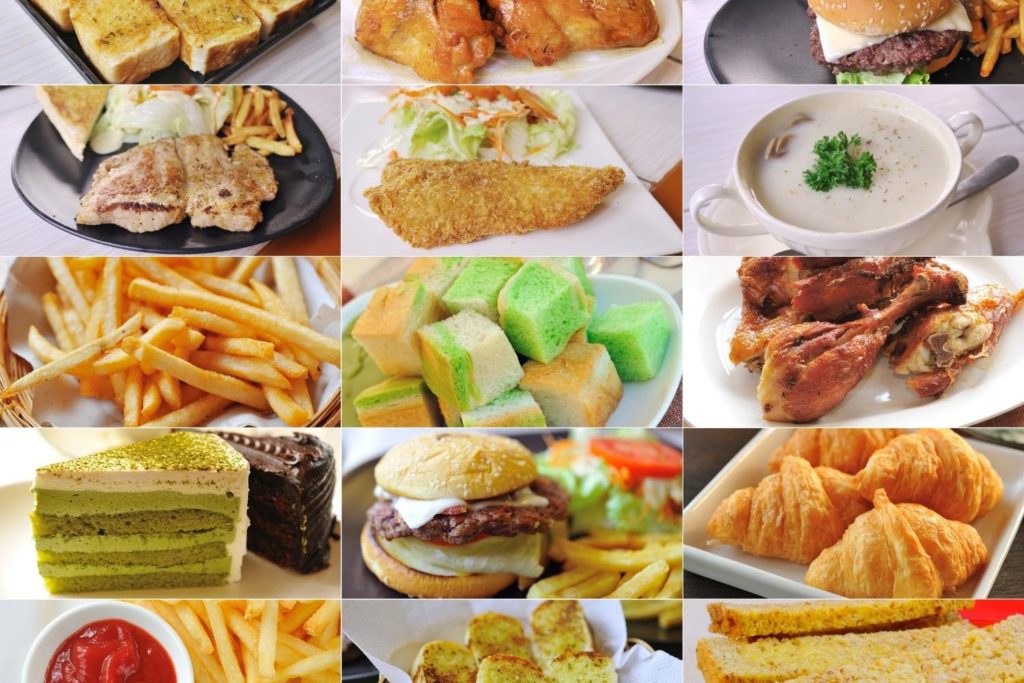
By nature, kittens are carnivores. That means they need to eat meat to survive and thrive. Kittens can’t live on a vegetarian or vegan diet even though it might seem like a good idea to feed them what you’re eating like a human being!
The best thing to do is keep everything safe for the little guys until they reach an age where you know that they won’t hurt themselves.
There are many different opinions regarding the diets of cats- especially kittens! While it’s essential to provide them with quality nutrition that meets all their dietary needs throughout their lives – it should never be at the expense of other things like having fun or chewing/playing safely.
Kittens should not be given human food to eat, and they should never eat dog food either. So let’s find out what can kittens eat besides cat food?
Remember: To maintain the weight of your cat you need low calories and low carb cat food which only provides the energy for day-to-day tasks and adding topping on the food of such cat may allow gaining further weight.
What Can Kittens Eat Besides Cat Food?
1. Kitten Food:
Kittens have specific dietary needs that can only be met by high-quality, specially formulated kitten food that your kittens need to eat.
When you purchase this type of cat food for them, make sure to read the label and avoid anything with lots of salt or chemicals in it.
2. Cat Milk:
It’s not recommended to feed a kitten cow’s milk because they can become lactose intolerant as they grow up, and it can cause stomach problems.
But a particular type of milk can be given to them if their regular diet doesn’t offer the right kind of nutrients- kitten milk!
It’s easily digestible for kittens who have trouble swallowing or digesting food but make sure always to purchase the product from a reputable seller.
3. Cat Biscuits:
Kittens can also eat dry cat food that they can crunch on or consume with their developing teeth.
These have all the nutrients they need to become strong and healthy cats- so these are a good alternative for some kittens!
4. Chicken:
Depending on where you purchase your kitten food, some brands offer unique flavors of food that your kittens might like.
For example, you can get chicken-flavored kitten food or lamb flavored- which means they’re more likely to eat it without any problems!
Just make sure the chicken or lamb is all white meat and isn’t prepared in any way before offering it to them.
5. Fish:
Although kittens can’t eat raw fish, you could purchase canned salmon or tuna that has been packed in water and drain it for them to eat.
This will offer your kittens a source of protein they need to grow strong and healthy!
6. Water:
Make sure all the food you give to your kitten is well-moistened so they don’t have to drink water, which can cause dehydration.
This will offer them the nutrition they need without consuming too much liquid.
7. Steamed Vegetables:
If your kittens are picky eaters but you know they need different nutrients- you can always steam or boil some healthy vegetables like broccoli, carrots, or sweet potatoes and serve it to them as a healthy alternative.
Just make sure you only give them small amounts- too much fiber can cause problems in kittens!
8. Canned Tuna:
This is another good source of protein that your kitten might enjoy eating! In addition, offering them canned tuna packed in water will offer them a unique flavor and nutrition they might appreciate.
9. Canned Chicken or Beef:
If you want to give them something similar to what they’d eat in the wild, canned chicken or beef is a good alternative for their dietary needs.
Be sure to drain out any excess liquid before offering it to them!
10. Yogurt Drops:
If your kitten loves yogurt, you can purchase cat treats that are made with yogurt and offer them on occasion.
They’re filled with essential vitamins, minerals, and nutrients- be sure they aren’t filled with artificial flavors or preservatives!
11. Baby food:
You can give your kitten a little bit of baby food if you know they want to eat it but don’t have the teeth to break up the chunks.
However, this is only intended for a one-time meal because baby food typically has shallow nutritional standards and can cause digestive issues if your kitten eats it regularly.
12. Refined White Bread:
Some kittens love to eat plain old bread, so you can offer them refined white bread that is low in nutritional value.
Just make sure the bread isn’t moldy or soaked with water before giving it to your kitten, and you can even put some spread on it like honey or peanut butter for an extra treat!
13. Eggs:
If you’d like to give your kitten a source of protein without meat, you can consistently offer them an egg! However, only give your kitten the egg whites because the yolk contains cholesterol.
You can also put some spread or seasoning on it if they won’t- just make sure to boil the egg before serving it to them!
14. Pumpkin:
If you’re worried about your kitten having soft stool problems or constipation, you can give them canned pumpkins as a source of fiber to help avoid those problems.
Just make sure the pumpkin is plain and unsweetened before offering it to your kitten!
15. Baby Carrots:
If your kitten loves to munch on crunchy snacks, you can always give them baby carrots as a healthy alternative.
It offers them a source of crunchy, low-calorie carrots they might enjoy.
16. Cheese:
You can give your kitten a little bit of cheese as a low-calorie snack! However, make sure the cheese isn’t moldy or too old before giving it to your kitten because these foods can cause stomach upset and poisoning.
17. Almond Milk:
If your kitten has a sensitive stomach and you’re worried about giving them dairy products, you can provide them with some almond or coconut milk to drink.
Just make sure the almond/coconut milk doesn’t have any added sugars or sweeteners in it before offering it to your kittens!
18. Plain, Unsweetened Yogurt:
If you know your kitten is lactose intolerant, you can give them some plain unsweetened yogurt to drink.
They’ll get the calcium and protein their bodies need without any of the side effects!
19. Oatmeal:
If your kittens are lactose intolerant or have a sensitive stomach in general, oatmeal is a good alternative for them. It offers the nutrients they need without causing any issues!
Just make sure it’s regular oatmeal and not oatmeal because that contains sugar.
20. Bread crusts:
Similar to whole wheat bread, you can give your kitten pieces of stale/dry bread crusts as long as there aren’t any moldy spots on it!
You can even toast the crusts to make them crunchier if your kitten enjoys this.
Learn to make dry cat food more appealing for your feline so she cannot refuse to eat.
We recently published a well-researched resource on why cats scratch near the food that will help you to understand your cat better.
